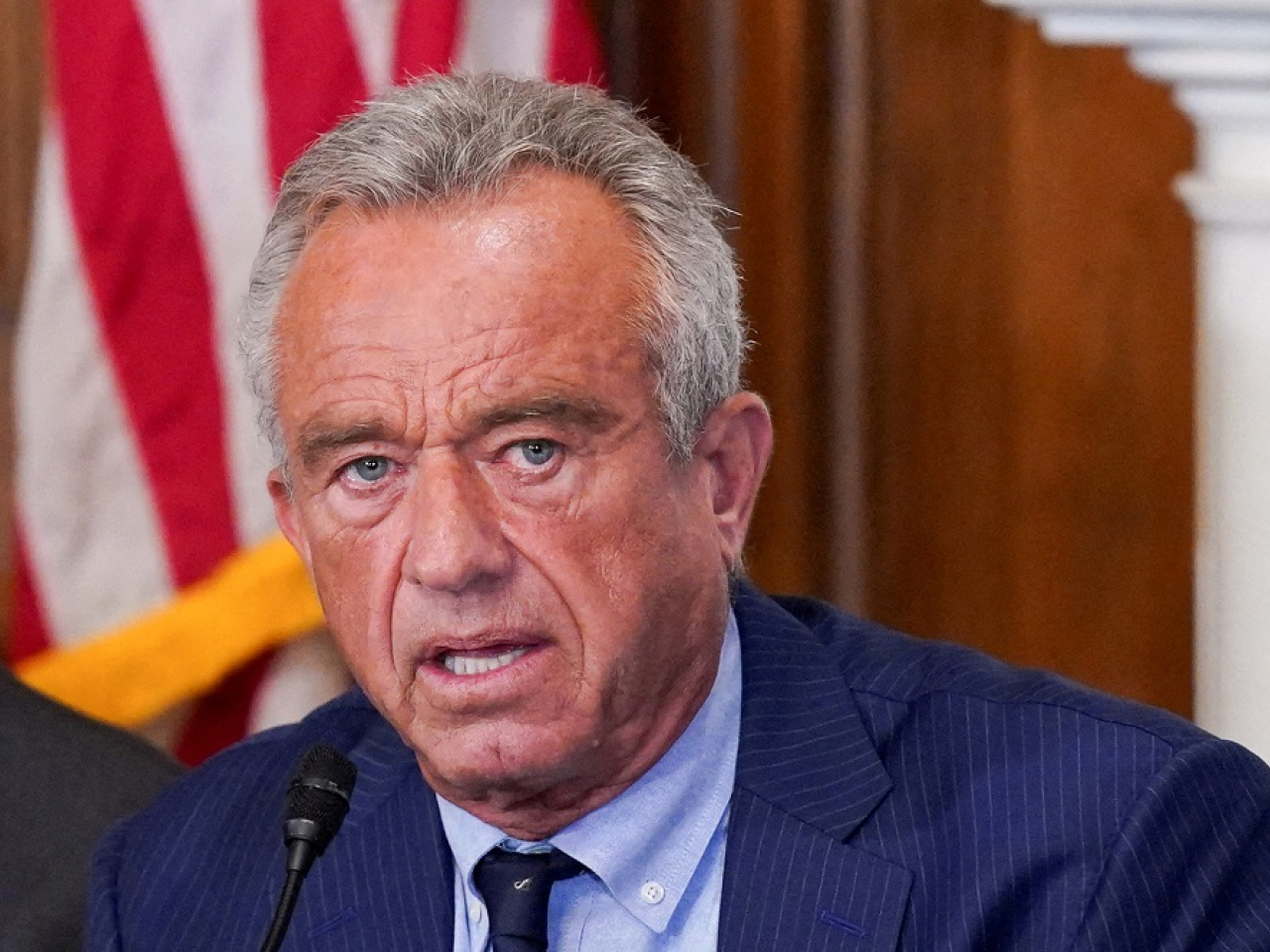US Withdrawal from WHO Pandemic Response Amendments: A Detailed Insight
The recent announcement from the Trump administration signaled a significant shift in the United States’ stance regarding the World Health Organization (WHO) and its pandemic response mechanisms. This article delves into the implications of this decision, the context surrounding the amendments, and the responses from key figures within the administration.
Rejection of WHO Amendments
On a pivotal Friday, the U.S. government made headlines by stating its intention to reject the changes agreed upon at last year’s World Health Assembly. The administration argued that these amendments violated U.S. sovereignty, positioning them as detrimental to Americans’ rights to determine their health policies. This declaration emphasizes a growing trend among certain political factions that prioritize national autonomy over international agreements.
The Withdrawal Process
Upon taking office on January 20, Trump immediately commenced the withdrawal process from the WHO, an action that had been under discussion and negotiation for several months prior. The State Department expressed concerns that language from the previously agreed amendments would still bind the United States, irrespective of the withdrawal status. This complexity raises questions about the legal ramifications of international treaties and national sovereignty.
Key Government Figures’ Statements
U.S. Secretary of State Marco Rubio and Health and Human Services Secretary Robert F. Kennedy—both influential figures in the current administration—voiced strong opposition to the WHO amendments. In a joint statement, they emphasized the need to prioritize American interests, asserting, “We will put Americans first in all our actions.” Their position reflects a commitment to maintain control over national health policies and to resist international infringement on Americans’ rights, including speech, privacy, and personal liberties.
Kennedy, known for his long-standing criticism of vaccines, adds a unique dimension to this discussion. His perspective raises vital questions about the intersection of public health policy, individual rights, and government authority.
The Context of the Amendments
The amendments in question aimed to enhance international cooperation in health emergencies. They included a commitment to solidarity and equity, focusing on developing countries’ needs during crises. This component reflects a global perspective that seeks to address disparities in health responses, highlighting the interconnectedness of nations during public health emergencies.
Despite these intentions, the amendments faced significant backlash from conservative activists and vaccine skeptics in the U.S. and abroad, particularly in countries with left-leaning governments. These grassroots movements are emblematic of a broader skepticism toward international organizations and their influence on domestic issues.
The Path to a Global Treaty
The backdrop of this scenario is marked by the World Health Assembly’s failure to establish a comprehensive global treaty on pandemics—a goal that was ultimately achieved later, in May 2024, albeit without U.S. participation. The absence of the U.S. in these negotiations underscores the complexities of international relations in the realm of public health, particularly when national interests collide with global cooperation.
The Intellectual Property Debate
Under President Joe Biden, the U.S. engaged in the negotiations of the May-June 2024 treaty but maintained reservations, particularly concerning protections for U.S. intellectual property rights in vaccine development. This concern highlights a crucial debate in international health policy: balancing the need for cooperation in health emergencies against the imperative of protecting national business interests and innovations.
Conclusion
The decision to reject the WHO amendments marks a pivotal moment in U.S. health diplomacy. It stands as a testament to the ongoing debates surrounding national sovereignty, individual rights, and the complexities of global cooperation in addressing public health crises. As the U.S. navigates its role in international health efforts, the implications of this stance will be felt both domestically and globally, shaping future dialogues on pandemic preparedness and response.


